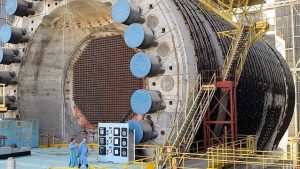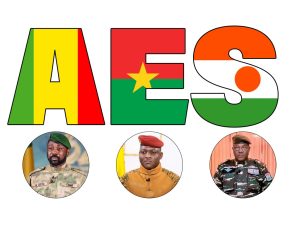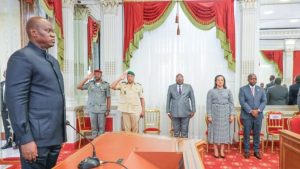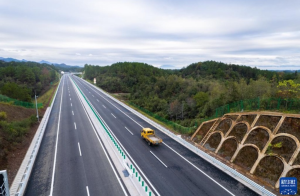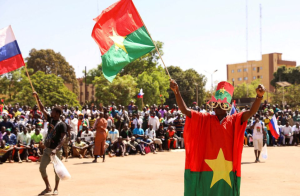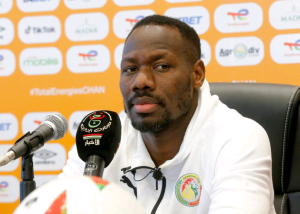Burkina Faso / Captain Ibrahim Traoré’s six Presidential Initiatives: Leaven for sustainable development
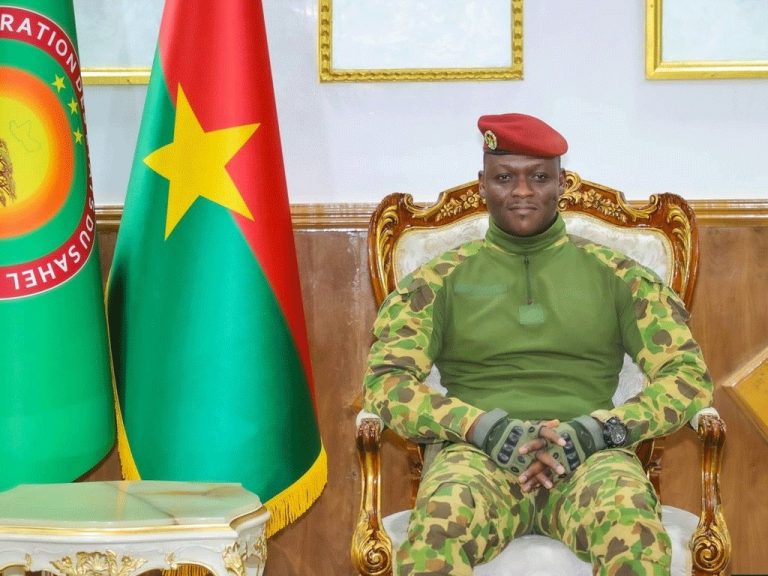
President Captain Ibrahim Traoré of Burkina Faso has launched six comprehensive presidential initiatives designed to reshape the nation’s future. These programs address fundamental challenges across key sectors, from food security to infrastructure development, reflecting a holistic approach to national progress.
At the heart of this transformation lies the agricultural initiative, which prioritizes domestic food production and sustainable farming techniques to achieve nutritional independence.
Parallel efforts focus on rural communities, where new schools, medical facilities, and transportation networks are being constructed to stimulate local economies and improve living standards.
The government’s commitment to human capital development manifests through two complementary programs: one revolutionizing education access and quality nationwide, another identifying and nurturing promising young athletes.
Healthcare receives equal attention, with expanded medical infrastructure and services reaching even the most isolated populations.
Critical infrastructure forms the final pillar of this national renewal. Road construction and urban modernization projects under the “Faso Mêbo” initiative aim to connect communities while promoting environmentally conscious development.
In the field of sport, the Presidential Initiative for New Sports Talent (IP-RELIS) aims to create a new generation of Burkina Faso champions. It offers direct support to young talent by providing them with the resources they need to train and develop.
In another equally crucial area, the Presidential Initiative for Quality Education for All (IPEQ) aims to improve the country’s education system by making education accessible to all children, without distinction, and by training well-prepared teachers.
Together, these interconnected initiatives embody the vision of Captain Ibrahim Traoré for a self-reliant, prosperous Burkina Faso.
By simultaneously addressing immediate needs and long-term development goals, the programs create a foundation for sustainable growth that directly benefits citizens across all regions of the country.
Olivier TOE

